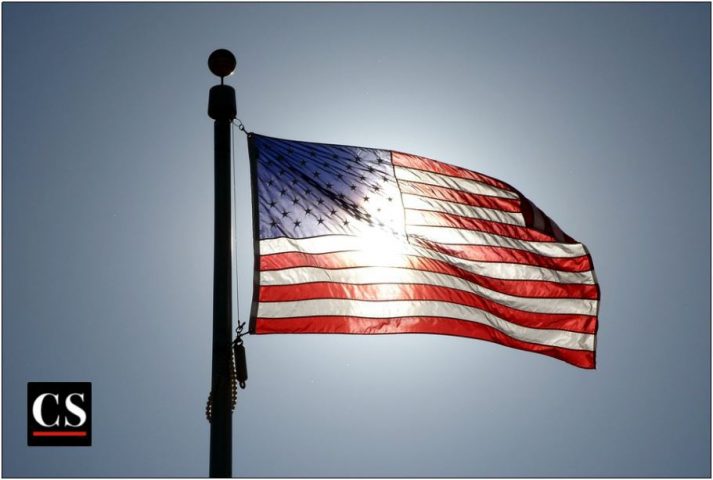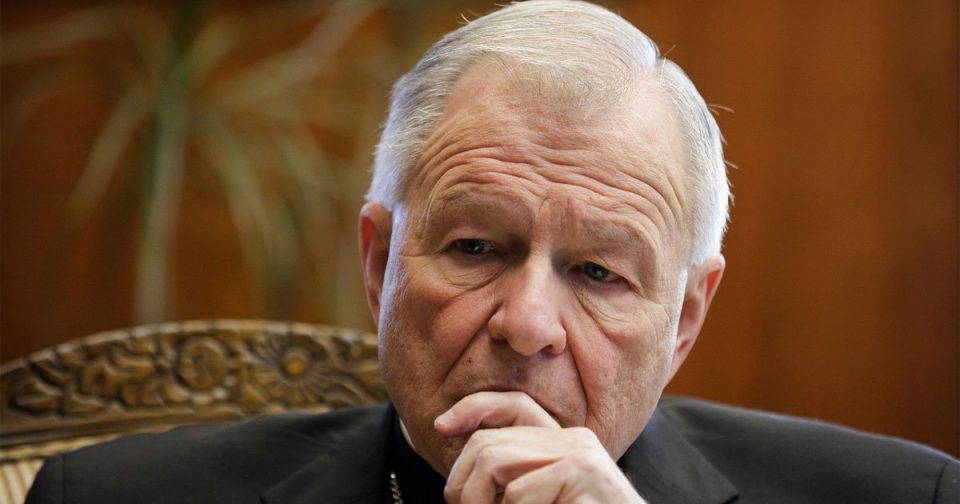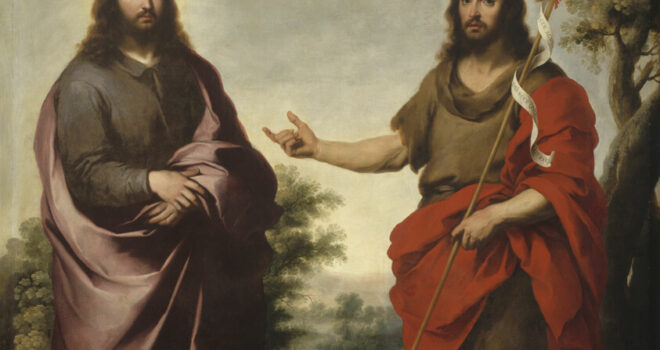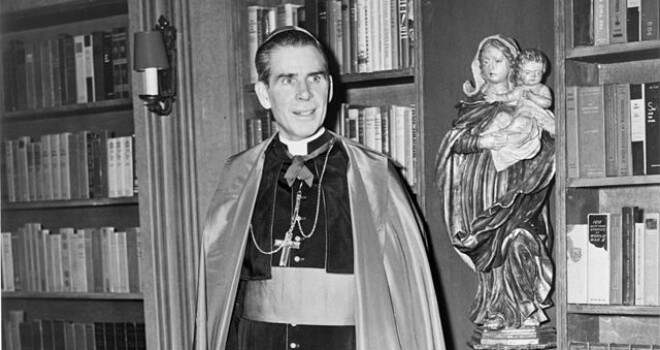“Our Citizenship is in Heaven”

Saint of the Day for July 14: St. Kateri Tekakwitha (1656 – April 17, 1680)
July 14, 2018
Study Affirms Earth Is Uncommon and Perhaps Even Unique
July 14, 2018
By Nicholas LaBanca, Catholic Stand, July 6, AD2018
 I remember, when my first son was born, my wife and I made the decision to stop by her grandfather’s house on the way home from the hospital. Our son was born in the same town Granddad lived; and as I knew he was very sick (yet still very alert and conscious), I suggested we stop by before we went back home. He had already had a couple of great-grandchildren, but this was his first great-grandson, and the only one he would see in this life.
I remember, when my first son was born, my wife and I made the decision to stop by her grandfather’s house on the way home from the hospital. Our son was born in the same town Granddad lived; and as I knew he was very sick (yet still very alert and conscious), I suggested we stop by before we went back home. He had already had a couple of great-grandchildren, but this was his first great-grandson, and the only one he would see in this life.
I can recall the various times I met Granddad as my wife and I were dating and as we were newlyweds. I could tell that my wife’s family, all of her cousins and aunts and uncles, loved him very much. He was truly a patriarch of the family. Entire rooms full of bustling people and children would get quiet as soon as he began talking.
When we arrived at his house, which would be the last time I would see him alive, he was overjoyed to see his new great-grandson. We took pictures and a few home videos. But we also had a great conversation about life. It was clear that Granddad’s Catholic faith permeated every fiber of his being, and informed his every decision in life. It was a worldview that is becoming less and less popular in our rapidly changing culture, but it made clear that he didn’t regard this earth as his home. He knew full well wear his true citizenship lied, and he wanted us to know exactly where that was.
In the World But Not Of the World
As we sat in his darkened room, my son fast asleep as most two-day-olds are, we started talking about our Catholic faith. My wife asked if he could pray for us, and he misunderstood her as saying “can you pray with us”. He made the sign of the cross and started praying to our Lord on our behalf, imploring our Lady’s intercession. It was beautiful, and afterward, he told us something that I’ve never forgotten. He looked at us and said, “As parents, you have to live in the world, but not be of the world.” I had heard these words before, or at least words to this effect. But this was the first time someone had ever spoken them to me. He wanted us to know that we were merely on a sojourn during our time on Earth. He, more than anybody, was aware of that.
This man, in his 90s and in the twilight of his life, was imparting his knowledge on to us, as he knew the challenges we’d face as parents. These words of his reminded me of St. Paul’s words that “our citizenship is in heaven” (Philippians 3:20). Granddad reminded us in a very powerful way that my wife and I were responsible for leading our children home. No matter how comfortable we are here on this earth, there’s always that itch for us Christians, telling us that we were made for something better. That longing tells us that things here on Earth are flawed, and in leading virtuous lives, we’re preparing for something much better.
Homesick for Heaven
It’s clear to me that those who are leading a faith-filled and virtuous life can be said to be homesick. Because they desire not what this world can offer, but what the next world can offer. As. Pope St. John Paul II put it during a general audience in 1999, “Since believers are loved in a special way by the Father, they are raised with Christ and made citizens of heaven.” By virtue of our baptism, we become sons and daughters of God. And since God’s home is in heaven, our Father’s home becomes our own home.
This world we’re living in now is passing. One day, God willing, we’ll make it to our eternal homestead. But as Granddad pointed out, we can only do that so long as we don’t make ourselves too comfortable here on earth. After all, a man can’t serve two masters. In a civilized society, we are asked to be good and upright citizens. We act according to the secular law and preserve the peace. But how often do we forget to remain in accord with divine law, forgetting that we have a duty to God at a level much deeper than mere human authority!
Again, there’s nothing wrong with living in the world, but we can’t allow ourselves to be of it. Once we do that we deny our true homeland and deny that birthright that was given to us at baptism. With a worldly spirit, we find ourselves like Esau, giving up our inheritance just so we can enjoy earthly pleasures all the more freely.
“No Lasting City”
Pope Pius XII in his Easter address of 1941 shows us how worldly hopes, time and again, let us down. We should take great care in heeding his advice by keeping our eyes fixed to heaven. Too often we find ourselves deceived by the allures of this world. Granddad knew what to keep his focus on, and it wasn’t ever on the fleeting fancies of this world. When he spoke to us, he knew his journey was coming to an end. But he also knew that a homecoming was right around the corner, and he greatly desired that we join him there as well.
In this vale of tears there is no lasting city [cf. Hebrews 13:14], no eternal homeland. Here below we are all exiles and wanderers; our true citizenship, which is limitless, is in Heaven, in eternity, in God. If worldly hopes have bitterly deluded you, remember that hope in God never fails or deceives. You must make one resolve— not to allow yourself to be induced, either by your sad lot or by the malice of men to waver in your allegiance to Christ.
About the Author: Nicholas LaBanca
Nicholas is 20-something cradle Catholic who wears many hats, (husband, father, tradesman, religious education catechist, liberal arts college graduate, et al.) and hopes to give a unique perspective on life in the Church as a millennial. His favorite saints include his patron St. Nicholas, St. Ignatius of Loyola, St. Thomas Aquinas, St. John Mary Vianney and St. Athanasius of Alexandria. He currently writes for the Diocese of Joliet’s monthly magazine, “Christ Is Our Hope”.




